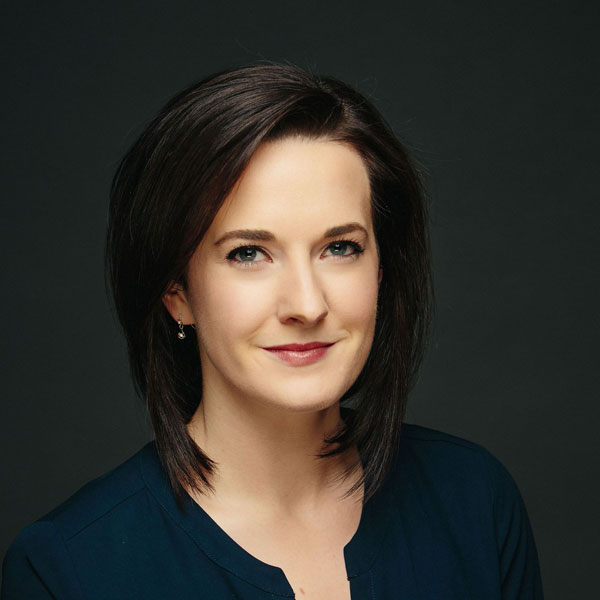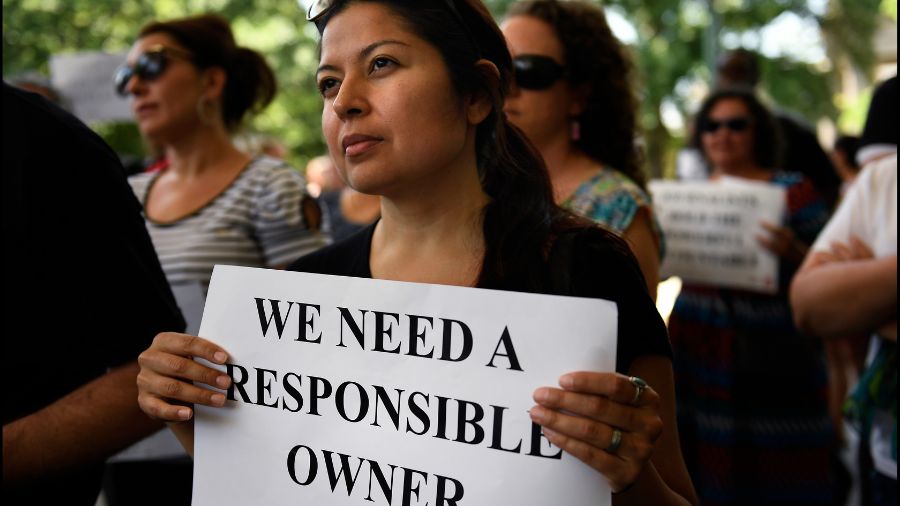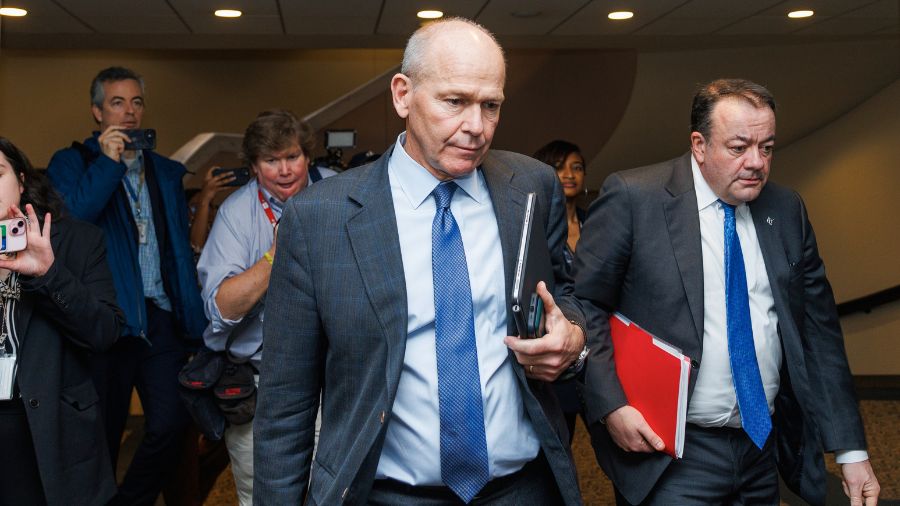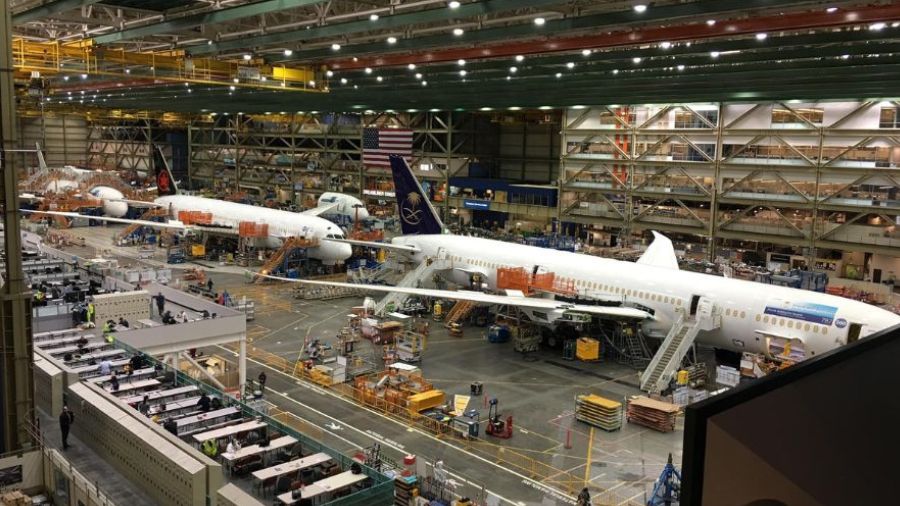Portland woman in the ‘danger zone’ desperately needs a kidney
Jul 11, 2017, 6:03 AM | Updated: Jul 12, 2017, 6:22 am

Cindy Meyer. (Contributed)
(Contributed)
There are many acts of kindness in this world but the act of giving an organ — especially while still alive — begs the question: How much of yourself would you give a stranger?
Seven years ago, Lea Hannan gave her left kidney. It was for her dad so there was little hesitation. But she would recommend anyone do it if they’re able.
She made sure she was able to donate when her dad, Albert Behar, at 74, found out his kidneys were failing.
“I routinely went in for my annual physical one year and he said, ‘I notice that a particular lab result that measures kidney function is blipped up a little bit,’ and he said we might want to have a look at that,” Albert Behar recalls.
Sure enough, his kidneys were failing. He has five children and all five stepped up to be tested. Two were eligible and it was Hannan who was determined to be the one. In fact, she even went behind her sibling’s back at doctors meetings.
“Michael may not know this but I just said to them, ‘you’ve gotta start with me, I’ve gotta be able to give back to my father,’” Hannan said.
She was it. After losing 35 pounds to make herself healthy enough for the surgery, dad got his new kidney.
Both would say it was the best thing they ever did. Obviously for him as it saved his life.
“As it relates to my overall health I am more attentive than I would have been had I not been the recipient of a new kidney,” Behar said.
Same for Hannan. She says she’s healthier today than ever with one kidney. Being left with one kidney comes with some big misconceptions. You can live a normal, healthy life with one kidney. Amazingly, the one kidney you’re left with will grow bigger to make up for the work.
Hannan is now one of the unicorns of transplants. Nationwide only 6,000 people each year give an organ while still alive. That’s not much compared to the approximate 100,000 people waiting for a kidney.
“I would like to say that God gives us each two kidneys and there are some people that believe God gave us two kidneys so that in our lives we can share with others and I truly believe that,” Hannan said.
As it turns out, this family isn’t done with kidneys. Hannan’s cousin, Cindy Meyer, has kidney failure.
“What the heck happened? How did I get this [kidney] disease? Most people that have this disease are diabetics or they have some kind of a health history of kidney disease and I didn’t have any of that,” Meyer said.
The source, she believes, is something most of us have in our medicine cabinet.
“We figured out that years ago after I had my first child, I had back problems all the time. In order to take care of the pain in my back, I started taking Advil and I got addicted to Advil I took like 20 to 30 Advil a day. To this day this is the only thing that we can figure that’s what did my major kidney damage,” Meyer said.
Four years have gone by since the diagnosis and she’s down to 13-percent kidney function. She calls it “The Danger Zone.” Fourteen people have tested to be her donor but all have been rejected.
“It hurts. Unfortunately, you are expecting some good news and then you get the phone call. It’s a downer. I just pray every night that this angel is going to be found and unfortunately it hasn’t happened yet,’ Meyer said.
Her odds are better than in other parts of America. We live in a region with one of the most active and successful kidney centers in the world: The Northwest Kidney Center. Dr. Leanna Tyshler says they work with about 1,700 patients at any given time.
“We are very fortunate here in the Northwest that our wait time is somewhere between 18 months and five years. There are some areas in the country where patients wait 10 years,” Tyshler said.
She says they could be more successful if more living donors came forward.
“We believe living donation has better outcomes as far as graft survival, but a majority of patients, actually, about two-thirds of patients nationally and locally still receive deceased donor transplants,” Tyshler said.
Deep down the thought of giving away one of our organs sounds about as logical as handing your newborn baby to a stranger on the street. These altruistic people do exist. I happen to know two of them. Jan Chock donated her kidney to a non-family member.
“It was just that his quality of life was just so low. He didn’t ask. God just led me. It was just like ‘well, you’ve got to give him one.’ And because I’m O- [blood type], pretty much a universal donor, that really, I think, increased the chances of him being able to have the kidney,” Chock said.
She received some questions such as what if one of your kids needs a kidney one day? But Chock didn’t hesitate about giving her kidney to someone outside of the family.
“Life continues as normal and genetically if your family is a healthy family … life is good for you and life is good for whoever you give the kidney to,” Chock said.
A normal life. That’s all Meyer could hope for.
“I’m tired all the time. A lot of fatigue. I’ve always been an energetic person. I’ve got a metal taste in my mouth all the time. That’s the backup from the bacteria of the kidneys. it makes me sick to my stomach. I don’t sleep well. I’ve got swelling. My family? My grandson, who lives in Boise, Idaho, I miss. I haven’t been able to see him as much,” Meyers said.
So, she doesn’t have time to be shy about her situation and has gone as far as asking groups of strangers if they’d consider donating to her. Now, she’s doing the same of you.
“It’s going to take a lot but it’s going to happen and I just have to keep that attitude all the time,” Meyer said.
It helps to have her cousin, Lea Hannan, in her corner — the one who saved her dad’s life seven years ago — making her middle the best part of her story.
“The way I like to look at it and the way I like to think about it is we all have a date of birth, we all have a date of death, that’s something that’s undeniable. Wouldn’t it be quite something that you could say ‘my middle part — from my birth to my death — I really took part in saving somebody’s life?,'” Hannan said.
There’s a Facebook page called “Help My Nunu Find a Kidney” where you can learn more about how you can help Meyer. Her daughter, Angie, has offered her email address if you would like to contact her directly: angmeyerkkg@gmail.com.













